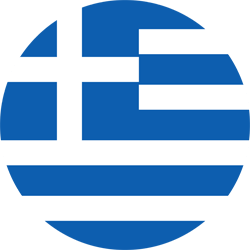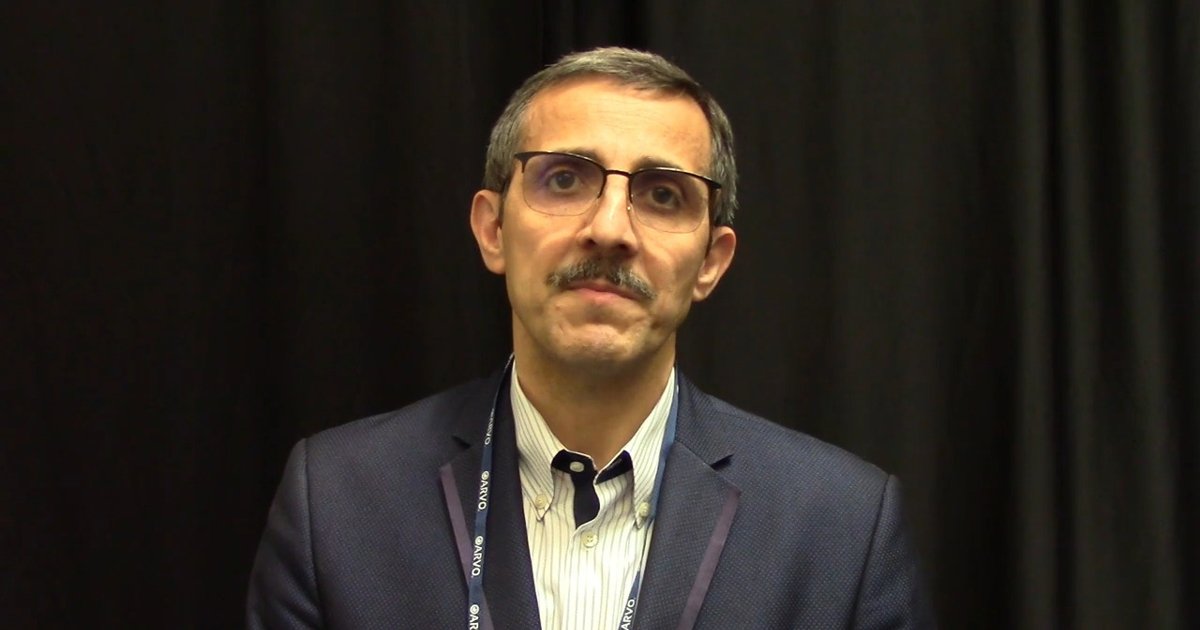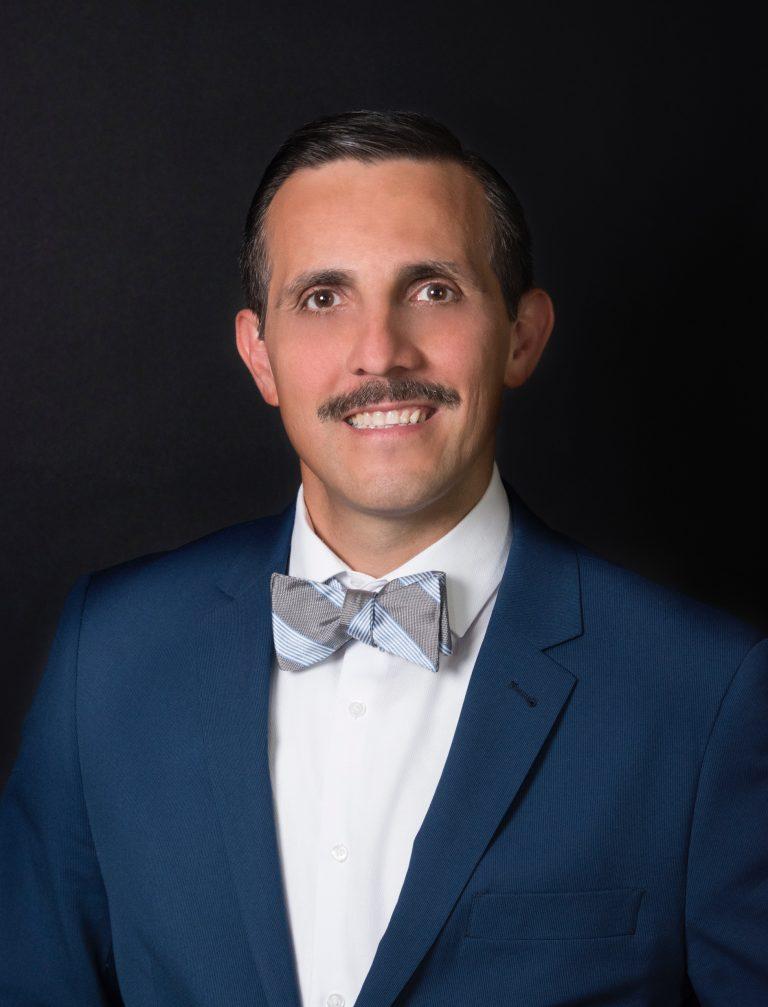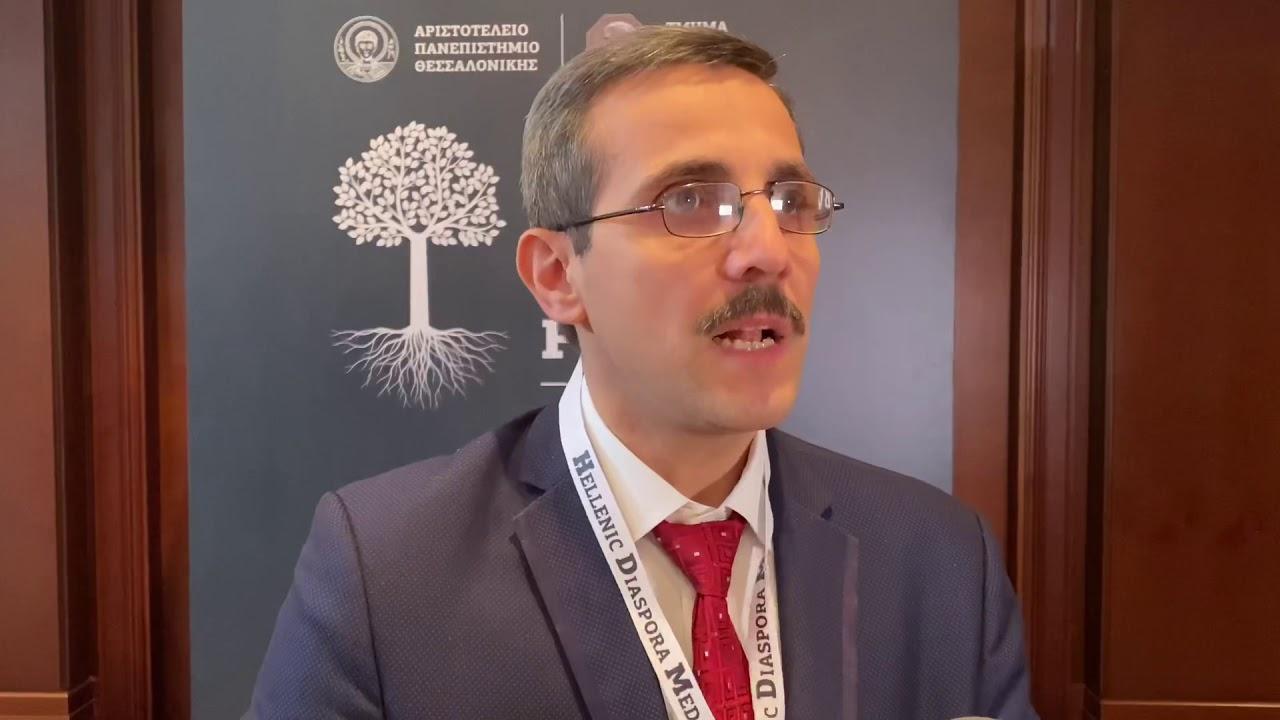Dr Demetrios (Dimitris) G. Vavvas is one of the most distinguished Greek ophthalmologists on the international stage. He currently serves as the Solman and Libe Friedman Professor of Ophthalmology at Harvard Medical School and Director of the Retina Service at Massachusetts Eye and Ear, part of the Mass General Brigham system in Boston, a major teaching affiliate of Harvard.
His life story, however, starts far from the big hospitals and laboratories of Boston. With roots in Souli in Epirus on his father’s side and Neochori in Chios on his mother’s, he was born in Athens and grew up in Agios Ioannis Rentis in Piraeus, attending public schools for primary and secondary education – a detail he often mentions with pride in interviews.
After finishing school in Greece, he crossed the Atlantic to pursue his studies. He completed his undergraduate degree in Biology/Neurosciences at McGill University in Montreal with First Class Honors, and then went on to earn both his medical degree (MD) and doctorate (PhD) at Boston University School of Medicine.
He trained in ophthalmology in the Harvard Medical School Residency Program at Mass Eye and Ear, later serving as Chief Resident and Director of the Eye Trauma Service. He then completed a fellowship in vitreoretinal surgery at Mass Eye and Ear, where he was named Fellow of the Year for his teaching and appointed Chief Fellow.
Today, in addition to his clinical role, he also co-directs the Ocular Regenerative Medicine Institute, and runs a highly productive translational research lab, with over 400 scientific publications and tens of thousands of citations.
A father’s words that became a life mission
In several interviews, Dr Vavvas has described a conversation with his father during high school as the turning point that guided him toward medicine. His father told him that in society there are three professions that are not simply professions, but “functions”: the priest, the teacher and the doctor.
Through medicine, he explained, one can serve both fellow human beings and science. That idea resonated deeply with the young Dimitris, who decided to follow this path.
During medical school he was fascinated by many specialties, but ophthalmology entered his life in a more personal way: his father had congenital cataracts. Curious to understand more, he chose to rotate through ophthalmology at Mass Eye and Ear. What he saw there changed everything: the combination of high technology, delicate surgery, immediate impact on the patient’s life and the vast scientific unknowns that remained to be explored. It was, as he has said, the moment he “fell in love” with the field.
Years later, in 2005, he had the emotional privilege of operating on his own father’s eyes – something he still describes as a blessing and a daily reminder of why he chose this profession.
“Today we can save eyes we could not save 20 years ago”
As head of the retina service, Dr Vavvas deals every day with complex diseases such as age-related macular degeneration, diabetic retinopathy, retinal detachments and other serious conditions that can lead to vision loss or blindness. Speaking recently about the progress in his field, he emphasised that the landscape has changed dramatically:
In simple terms, he explains that today, thanks to advances in ophthalmology, doctors can save eyes that 20 years ago would almost certainly have been lost.
He also notes that operating room conditions and post-operative care have improved significantly, which helps to avoid complications and speeds up recovery for patients. One of the things he is particularly proud of is the pioneering role of ophthalmology in gene therapy. He often points out that ophthalmology was among the first medical specialties to apply gene therapies in clinical practice – even if, for now, only a small number of patients can benefit from them.
At the same time, his research has contributed to innovative approaches in treating eye disease, including a high-dose statin strategy for certain forms of intermediate macular degeneration, which attracted international attention.
The eye as a living processor – and the risks of modern life
Beyond surgery and research, Dr Vavvas has a rare gift for explaining complex science in simple language. He often describes the human eye as a “highly sophisticated processor”: light is focused by the cornea and the lens onto the retina, where about 120 million photoreceptors capture the image – like a camera sensor with 120 million pixels. The signal is then processed by multiple layers of retinal neurons and transmitted via the optic nerve to different parts of the brain.
Because the retina and the optic nerve are essentially extensions of the brain, they do not regenerate – a fact that makes prevention and early treatment absolutely critical.
In this context, he warns about the impact of modern lifestyle on our eyes. Prolonged exposure to intense light, and especially to blue-rich light from screens late at night, can disturb our circadian rhythm and ultimately our sleep. Long hours of focused screen use also reduce blinking frequency and aggravate dry eye problems, particularly in younger people who may not yet feel the cumulative damage.
His advice remains surprisingly simple: a genuinely healthy lifestyle, balanced diet and regular preventive eye examinations – especially for people with risk factors such as diabetes, high myopia or a family history of eye disease.
Surgery as a blend of human skill and technology
While ophthalmology is one of the most technologically advanced specialties, Dr Vavvas insists that technology never replaces the surgeon. Even highly automated techniques, such as LASIK, still require the judgment and hands of a skilled doctor. For him, every operation is a delicate balance between human expertise and cutting-edge machines – a partnership that, over the years, has made eye surgery safer, less painful and faster in terms of visual recovery.
Asked how he feels each time he restores someone’s sight or prevents severe vision loss, his answer is characteristically modest and deeply human. He describes it as a “divine gift”, adding that doctors simply “put their hands” to serve something bigger than themselves.
A Greek of the diaspora who keeps giving back
Despite his demanding schedule in Boston, Dr Demetrios Vavvas maintains strong ties with Greece. He regularly lectures at Greek universities such as the Aristotle University of Thessaloniki, speaks at conferences in Greece and stays close to the Greek medical and academic community.
Through his clinical work, research, teaching and mentorship of younger doctors, he embodies what it means to be a Greek of the diaspora who excels internationally while never forgetting his roots.
From the neighbourhoods of Piraeus to the operating rooms of Harvard’s teaching hospitals, Dr Vavvas proves in practice how far knowledge, dedication and a deep sense of responsibility to the patient can take a person – and how a Greek doctor can help change what is possible for patients’ eyesight all over the world.






